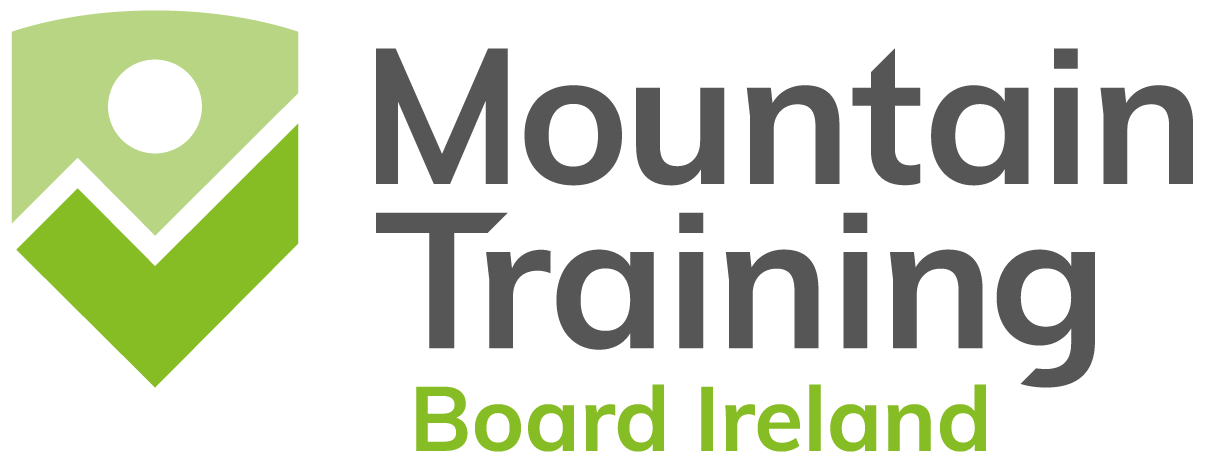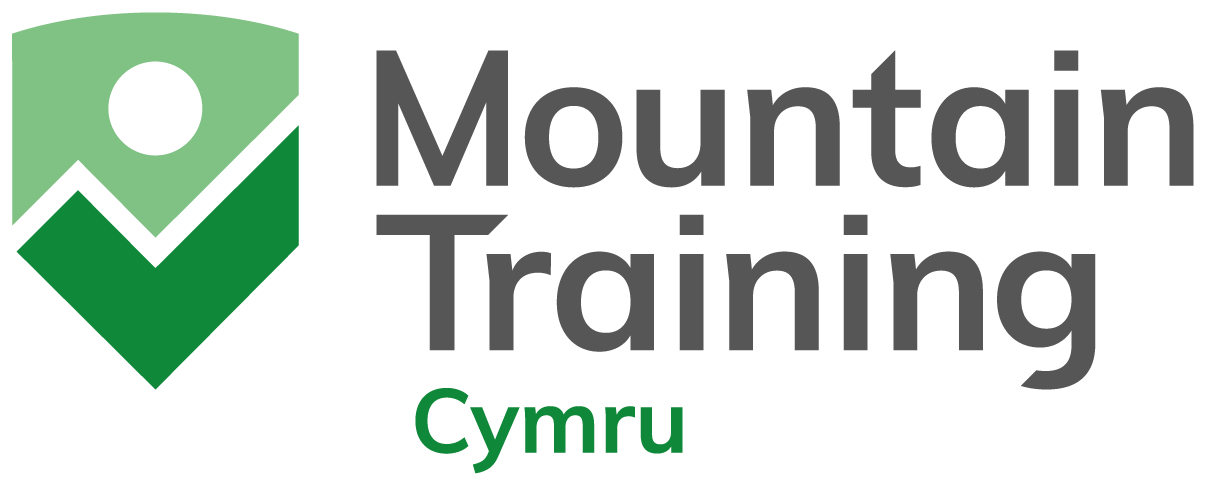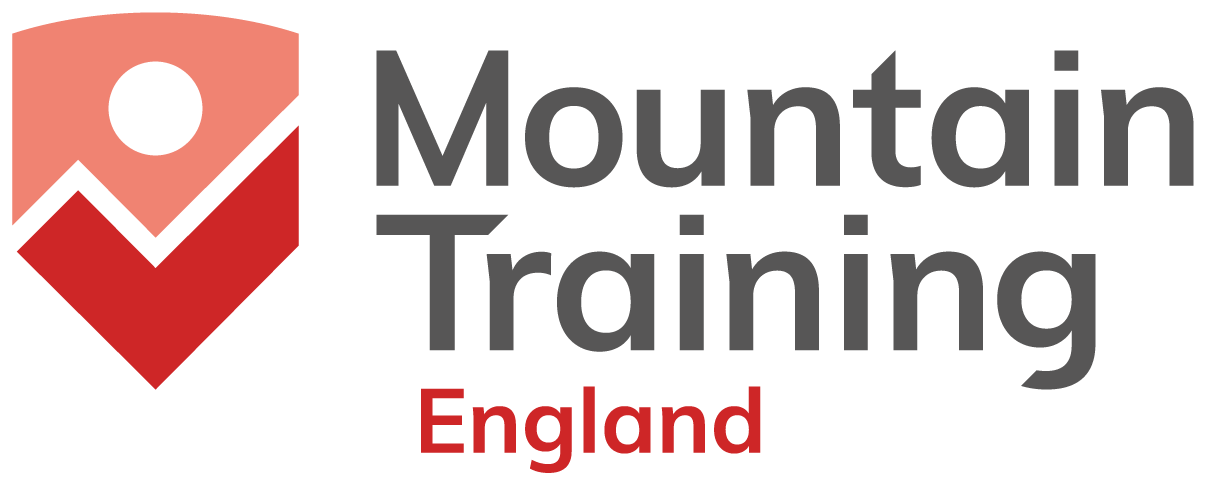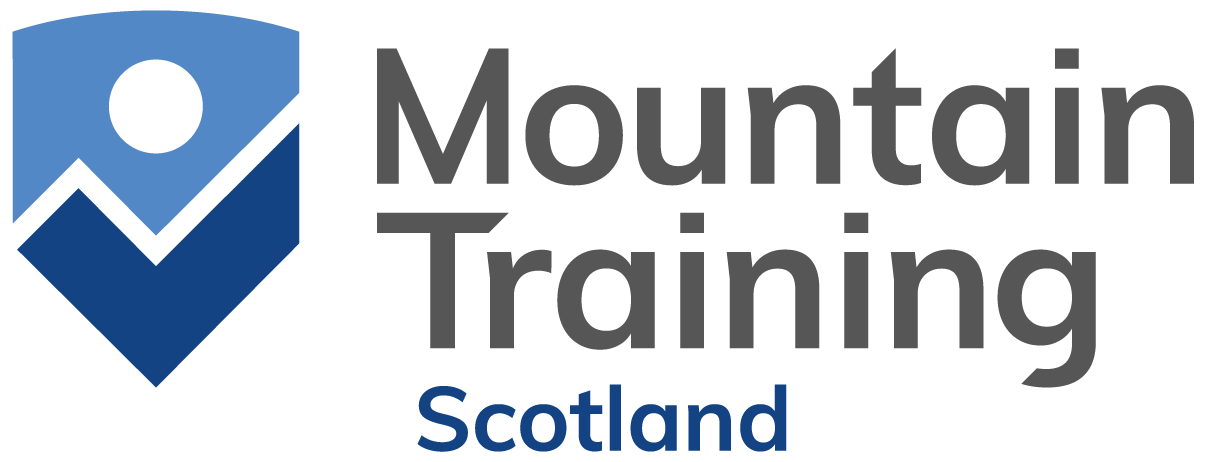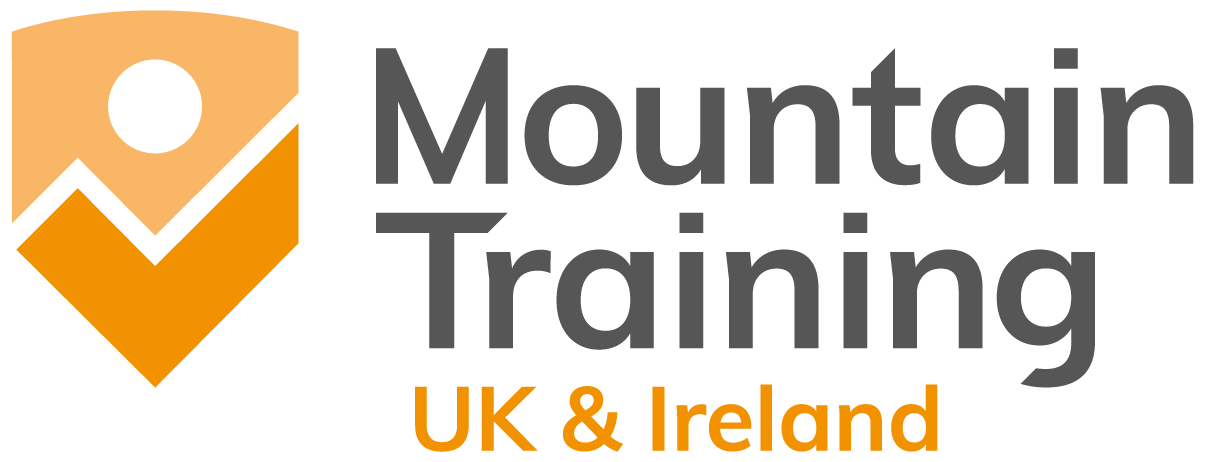Most Mountain Training qualifications follow the same basic structure with a consolidation period between training and assessment courses. There are specific minimum requirements, set for each qualification, for further personal and leadership experience to be completed during this period. This is because gaining such experience, post training, is critical in developing the judgement and decision-making skills required to be an independent leader operating in a dynamic risk environment. The assessment of your competence is as much about examining this experience, usually recorded in DLOG, as it is about observing your performance on the assessment course.
The following notes offer advice about how you can fruitfully gain and reflect on such experiences, to best prepare for your assessment.
Different qualifications require different amounts and types of experience but there are common principles to the requirements for all of them:
Volume. You need to do enough to consolidate your skills and judgement. The minimum requirements are just that, and these have been set by all the national Mountain Training organisations after much careful consideration of what is needed. Your training and experience are ultimately what you have to offer your groups as a leader, instructor or coach. The more experience you have, the more you will hone your skills and decision making, and the slicker and more confident you will be.
Variety. Mountain Training qualifications are national qualifications that cover the whole of the UK and Ireland. This means that assessors will be looking for evidence that you can operate effectively across the full range of indoor or outdoor venues to be found across these countries. You don’t have to go all over the UK and Ireland for this experience, but you should choose contrasting venues, appropriate to the qualification you are undertaking, that will broaden your experience and represent the range of environments found there.
Minimum standard. Each qualification’s ‘Assessment prerequisites’ state minimum climbing grades or criteria for quality walking days that must be met in order to be counted. Having personal experience of conditions or grades above those that you would lead individuals or groups on gives you the performance buffer you may need for the unexpected. Other experience that does not meet these standards (easy climbs, short walks) can all help but will not give you the same amount of foresight and resilience to draw upon in challenging situations.
Quality. Above all, your logged consolidation experience must have quality. All the walking qualifications reference this by defining what a Quality Lowland/Hill/Mountain Day is. In summary ‘quality’, means the experience provides valuable learning opportunities by broadening, challenging and extending your overall competence. New (to you) routes, different venues, unfamiliar terrain, challenging conditions, and varied groups will all help to provide this breadth and depth of learning. Challenge yourself to do something new each time.
Reflective practice. Mountain Training currently requires assessment candidates to have reflective comments recorded in DLOG for the Foundation Coach, Development Coach, Rock Climbing Instructor, Climbing Wall Instructor and Climbing Wall Development Instructor qualifications. Whilst currently the walking qualifications do not ask for this, Mountain Training believes that reflecting on experience is an important part of a leader, instructor and coach’s development. Although feedback from others can be very useful it is important that we can also independently consider our experiences in relation to the desired outcome.
It is worth developing the ability to facilitate both a personal and group post-activity review to make sense of, and develop, themes/events occurring during the activity and identify the lessons learned and how to incorporate them into their own practice.
Being able to effectively analyse experience can be challenging but a few critically analysed sessions are of great value in identifying potential improvements for the future. When making these comments you should ask yourself the following questions and outline your responses:
- What are the desired aims and objectives of the session?
- What were the actual outcomes of the session?
- What was successful and less successful (reference the relevant Mountain Training syllabus) in your delivery of the session?
- What would you change to improve the outcome?
How to gain experience for...
Insurance
It is worth reflecting on the fact that if you’re leading a group, whether that’s on a walk or teaching them to climb, you have a legal duty of care with regards to their wellbeing and welfare, both physical and emotional. You may feel that you have just organised an event with your peers, but if you have much more experience than others and have encouraged them to join, you are their leader.
Everyone has a duty of care to 'their neighbour' but a leader of a risk activity, especially with novices or children, has an enhanced duty of care. Should any of the people you're leading sustain any injuries or suffer emotional harm, they may claim that you were negligent.
If a duty of care exists then the leader of the activity is potentially liable. Liability is the responsibility you have over something or someone. Liability insurance cover provides financial and legal protection against third party (including participants) claims against you for accidental bodily injury and loss or damage to material property.
If you volunteer or work for an organisation you should fall under their own insurance policy – check with them. You should be inducted into their operating procedures to fall under this cover. As an assistant you would normally be required to operate under the direct supervision of a qualified instructor/leader.
If you are an individual member (not a club member) of the BMC or Mountaineering Scotland, or an individual or club member of Mountaineering Ireland you are covered under their Combined Liability insurance policies. These policies “provide protection for claims made against you by third parties due to your negligence, subject to the terms and conditions of the policy.” This is NOT professional indemnity insurance and so does not cover you if you are working in a paid capacity. This insurance applies to you as a council member regardless of whether or not you hold a qualification or have attended any training courses.
If in doubt ALWAYS check what type of liability insurance cover is in place to cover the type of activity you plan to lead.
Safeguarding
Safeguarding is very important. It will often be uppermost in deployers’ minds and can be cited as a reason for blocking access to leadership or assisting experience.
Safeguarding should be part of our culture and run through everything we do. For many deployers considering a request to assist/observe a session, evidence of having attended safeguarding training would be considered proactive and would likely be advantageous. Online safeguarding courses are very easy to access and providing evidence of having attended one of these may help your request for experience.
Having a DBS check is also advantageous but not essential as, in most cases, assistant work does not qualify as regulated activity as long as it is directly supervised by an already checked member of staff/ instructor. If this is essential, the mountaineering councils offer a checking service for volunteers.
